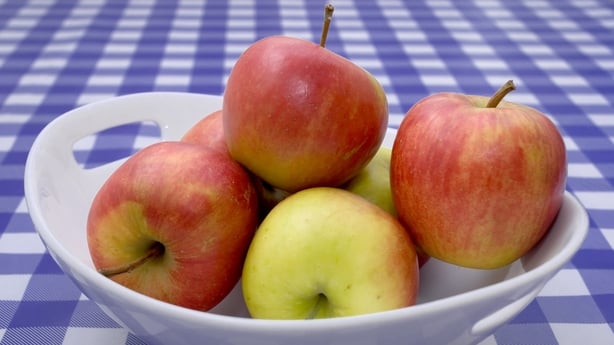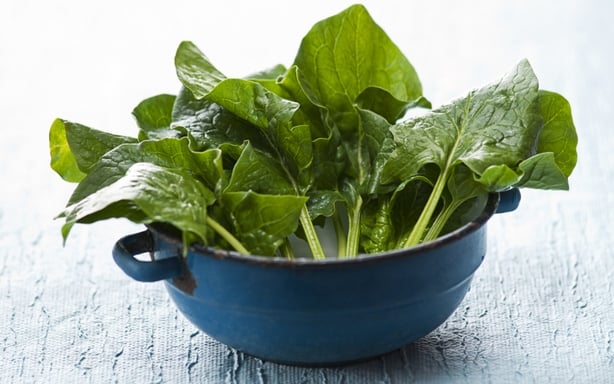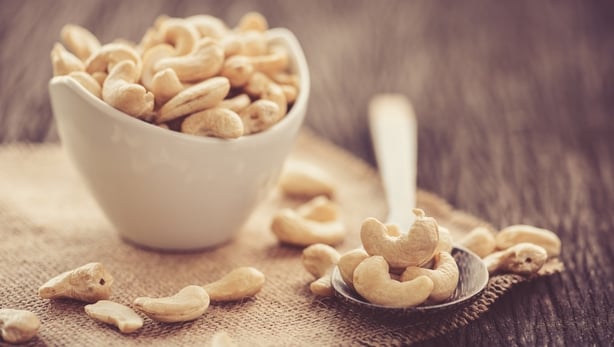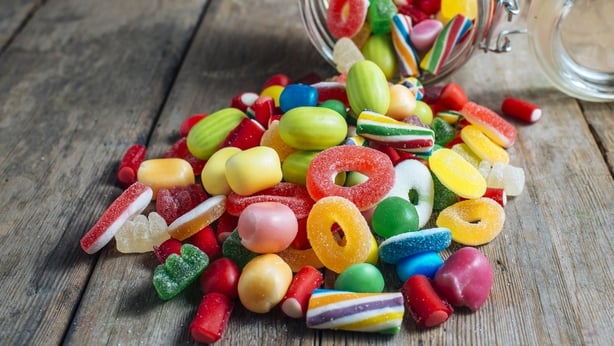Bamboo toothbrushes have, thankfully, entered the mainstream as a sustainable alternative to the typical plastic toothbrush from the supermarket, but there might be an even more earth-friendly way to keep your pearly whites pristine.
Counter-intuitive as it might seem, eating certain foods have been proven to help keep teeth not only whiter, but healthier.
While no hack is a replacement for brushing your teeth properly twice a day, making smarter choices about what we eat can have the added benefit of keeping our smile a little more radiant.

Speaking to The Telegraph this week, Sakina Syed, a hygienist for Bupa Dental Care in London’s Bank practice, and Professor Damien Walmsley, scientific adviser to the British Dental Association explained how these "natural toothbrushes", and shared some foods that should be avoided.
1. Apples
According to Syed, the "fibrous skins" of apples "can help clean teeth and work as a natural massager for the gums". As well as this, the flesh of an apple can help shift other bits of food from between teeth, though if any of the apple gets stuck, don't expect it to work itself out - get flossing.

2. Carrots
As kids they told us carrots would help us see in the dark; imagine the chaos that would ensue if it was suggested they'd keep your teeth clean, too. The real benefit of carrots, however, is in their texture. "Crunchy foods require more chewing, which stimulates saliva production and naturally cleans teeth. In addition, carrots contain multiple B vitamins which fight gingivitis", Syed says.
3. Salads
Greens such as kale, spinach, and celery are high in fibre and especially good at buffing away at teeth, helping to dislodge stuck bits of food and shuck away plaque. Another benefit is their high calcium content, which we know helps keep teeth strong and healthy.

4. Cheese
Ah, finally, a non-vegetable food, says you. Of course, Syed says cheese should be eaten in moderation, but she says "Cheese contains high levels of phosphate and calcium, which naturally strengthen teeth and bones, but it also helps balance the pH level in your mouth, which means less harmful acid, more cleansing saliva, and fewer cavities".
5. Nuts
Yes, you're right, this list has all the ingredients for a wonderful antipasto. Like carrots, nuts promote saliva production due to their crunchiness, helping the mouth stay clean. As well as being full of protein and healthy fats, nuts also contain a lot of calcium, so they can strengthen teeth, as well as clean them.

Foods to avoid
Naturally, foods high in sugar such as sweets, fizzy drinks, and fruit juices should be eaten sparingly, as the bacteria in your mouth converts this sugar into acid which harms the enamel of your teeth.
Hard sweets are the worst offenders, as Walmsley explains: "Hard candies also put your teeth at risk they can also trigger a dental emergency such as a broken or chipped tooth."

Alcohol should be avoided, also, but for reasons you might not be aware of. Unlike carrots and nuts, which promote saliva and help clean the mouth, alcohol dries the mouth out.
Finally, crisps are on the no-no list as, despite having the appealing crunch factor like nuts, they are incredibly high in starch, which is broken down into acid and damages enamel.
Walmsley also notes that popcorn should be avoided, "Particularly if you have crowns or filled teeth. The uncooked kernels in the popcorn can lodge between the teeth and the gums, causing fillings or teeth to break".

